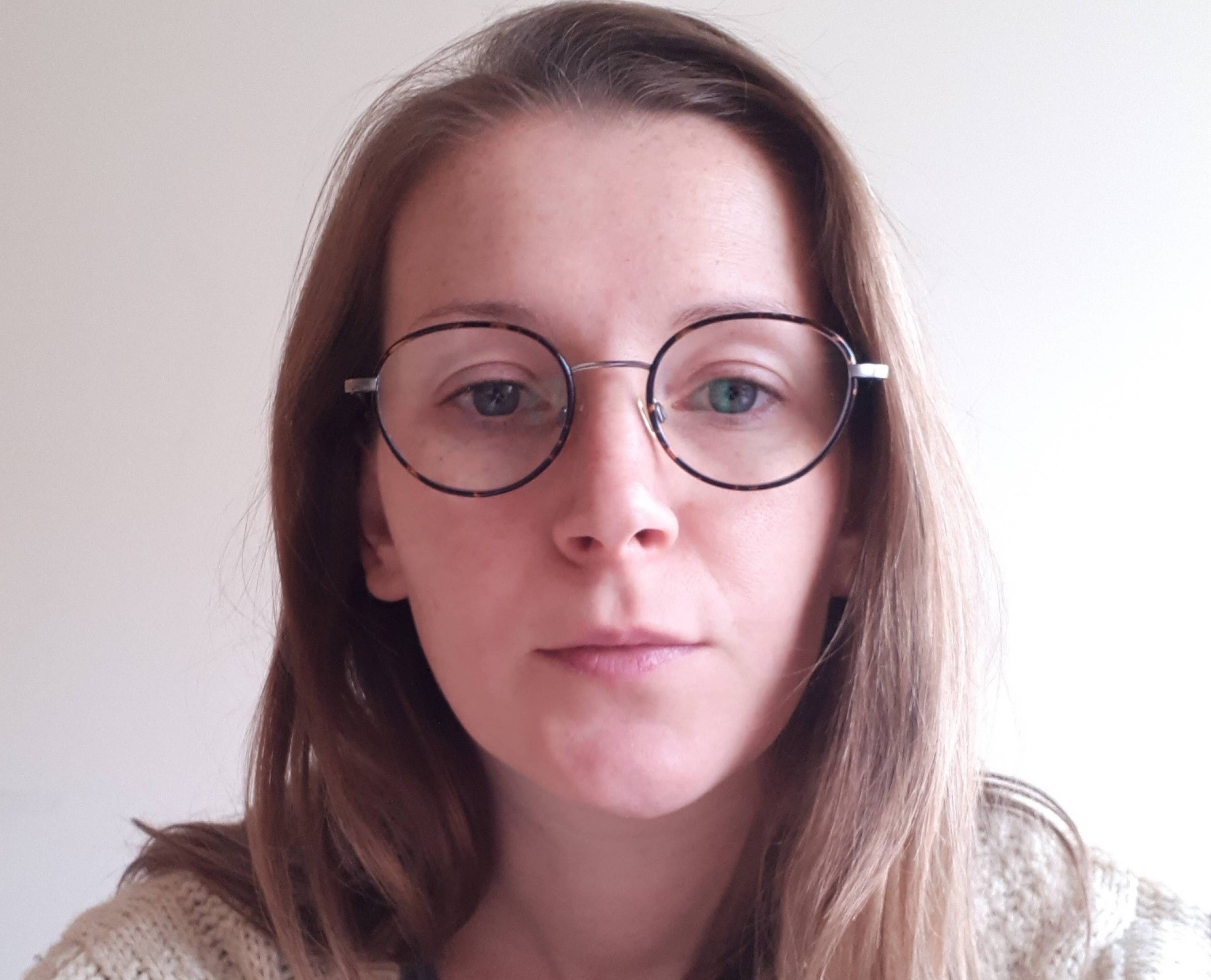More than 6,000 members of the British Armed Forces have been seriously injured or scarred in recent conflict. UNITS is one of the only studies of its kind. It explores the experiences of military personnel and veterans who have sustained appearance-altering injuries during military operations or training since 1969, and their family members, to understand the role of appearance and body image in their psychological adjustment. The project will develop tailored support for those affected by appearance-altering injuries sustained during military operations and training.
There are four elements to the three year programme of research; a literature review, a series of interview studies, a questionnaire study (that includes both civilians and veterans), and a final study that will determine how the results of these studies will inform the provision of supportive interventions in the future. Mary explained, ‘We launched the questionnaire study as the UK entered lockdown; which directly impacted our ability to recruit people to complete the questionnaire. We had originally planned to collaborate with NHS services in burns outpatient clinics and prosthetic services, but as the lockdown affected normal clinical service, we were forced to be more creative; turning to the power of social media to increase recruitment to the study. In fact, the military community on social media has become a really big aspect of the study; everyone wants to help and support where they can, and this is really amplified by social media’.
The UNITS team managed to transition successfully to working from home, aided by the ability to take necessary office equipment home. Mary emphasised the key role that communication has played when working on the study from home; describing how she meets with Research Associate Vicky Williams on video call nearly every morning before work starts so they can check in with each other. The team has also put an emphasis on staying connected with partner charities, and with their steering committee and veteran advisory group to ensure that the veteran experience remains at the forefront of their work.
As well as managing to continue the study at home throughout the pandemic, the UNITS team has also had their first paper accepted for publication in the international journal, ‘Military Behavioural Health’. This paper contains the results of the literature review; a search and evaluation of the available literature in the area. The review highlights the fact that there is very little research on body image and adjustment following an appearance-altering injury in military conflict, emphasising the importance of the UNITS study.
Lived experience is of real significance to this study. Members of the CASEVAC Club were involved in the development of study materials, and Si Harmer, a member of the CASEVAC Club and Scar Free Ambassador, along with the UNITS team, recently featured on CAR’s Appearance Matters Podcast to speak about his experience of sustaining a conflict wound in Afghanistan; drawing attention to the need for better support following an appearance-altering conflict wound injury.
The team will be very busy for the rest of the year. The online survey is ongoing until October, after which they will begin their data analysis, which will inform plans for the provision of tailored support following appearance-altering injury. The team is also preparing papers for publication, and will be applying for more funding to continue research into interventions for military personnel, veterans, and their families affected by appearance-altering injuries.
The study is analysing and comparing the experiences of appearance-altering injury in civilian and military personnel. You can play a vital role in this research if you have experienced scars and/or limb loss as a civilian or as a veteran. If you are a civilian with appearance-altering injuries, complete the questionnaire here: https://go.uwe.ac.uk/unitscivilian. If you are a veteran with scars and/or limb loss from military conflict, complete the questionnaire here: https://go.uwe.ac.uk/unitsveteran
Stay tuned for details of the team’s first published paper and follow their social channels (Twitter, Instagram and Facebook) for more updates!

